
Main Page
Alphabetical Menu
Chronological Menu
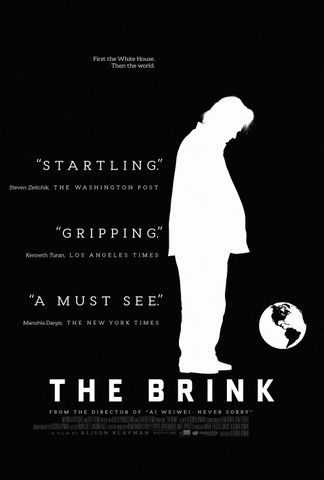
In The Brink, director Alison Klayman follows Steve Bannon, former White House Chief Strategist, during the months leading up to the 2018 midterm elections as he tries to spread and promote the far-right movement. Bannon comes across more often than not as many human traits wrapped into one: articulate, warm, witty, and intelligent, conceited and occasionally angry. The fact that he compares himself to Abraham Lincoln twice is a testament to his arrogance and delusions. He also quips, "How would Leni Riefenstahl cut this film?" when referring to one of his own film projects. Klayman eschews talking-head interviews with Bannon to simply film him at work and, occasionally, at home where his nephew works as his assistant making him smoothies or bringing him his favorite drink, Kombucha. Although he's charismatic, he also remains somewhat enigmatic. There's something creepy and subtly terrifying about him as though he were hiding something beneath the surface that he's not willing to admit on camera. One could only wonder what Hannah Arendt, author of The Banality of Evil, would say about Bannon if she were still alive today.
The Brink isn't a warts-and-all documentary per se as you don't really learn much about Bannon's upbringing nor does it delve deep into his thoughts and feelings, but it's nonetheless insightful while never becoming hagiographic and one-sided. In other words, it's much more fair and balanced than Errol Morris' inferior American Dharma. Klayman wisely allows the audience to make up their own conclusions about Bannon based on the crisply edited behind-the-scenes footage that she presents to you. At a running time of 90 minutes, The Brink is an illuminating, enthralling and humanizing documentary portrait of Steve Bannon. The Beach Bum 
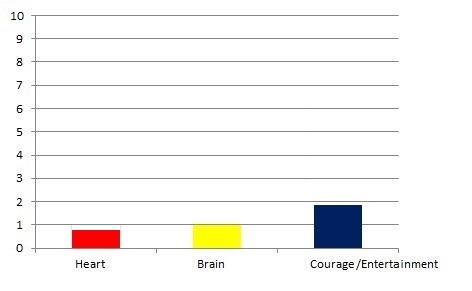 The Sex Trip 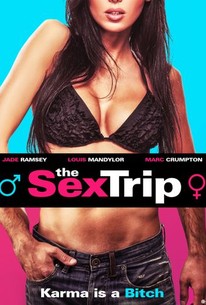 Eddie Greenleaf (Marc Crumpton) has found success as the author of a self-help book on how to score with women. When he bumps into a homeless woman (Eve Sigall) who asks him for a kiss, he refuses to, so she places a hex on him. The next day, he wakes up as a woman, Edna (Jade Ramsey). He must track down the homeless woman to undo the curse, but until then he has to adjust to living in a new body with the help of his agent and friend, Steve (Louis Mandylor). The Sex Trip is a mostly witless and unfunny screwball comedy. The screenplay by writer/director Anthony G. Cohen and co-writer Marc Prey doesn't quite work as a comedy because the jokes are lazy, forced and fall flat more often than not. Every great comedy, like There's Something About Mary, The Mad Adventures of Rabbi Jacob, or Some Like it Hot, remains rooted in some form of realism that makes you root for at least one of the characters, but this one lacks that essential element because the character arc of Eddie, who's initially a misogynist, doesn't feel believable nor do you care about what happens to him once the body switching takes place. The Sex Trip lacks inventive, boundary-pushing humor, although it does have gross-out humor. It often feels as though you've seen all the low brow humor done before much more effectively. The actors try their best, but don't manage to rise above the tired material. It's about as witless and uninspired as a Tyler Perry film. Compared to the painfully unfunny Holmes & Watson, though, it's a comedic masterpiece. 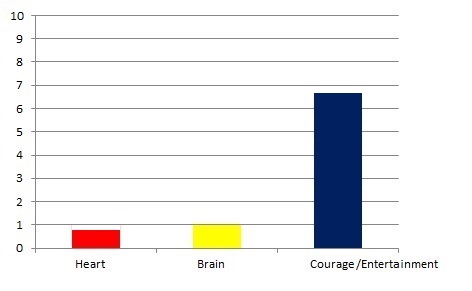 Unplanned 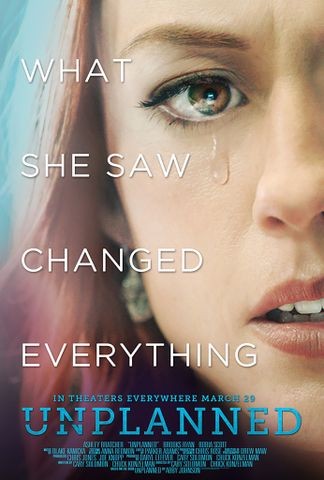
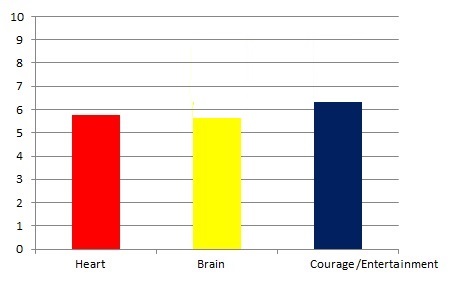 A Vigilante 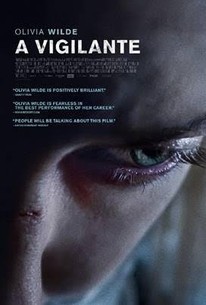
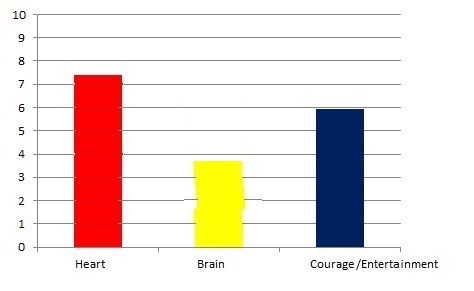 Working Woman  Orna (Liron Ben-Shlush) works for Benny (Menashe Noy), a real estate developer, and lives with her three children and husband (Oshri Cohen) who's struggling to open a restaurant. Benny, though, has ulterior motives and makes unwanted sexual advances toward her before sexually assaulting her during a work-related trip in Paris. The aftermath of the rape remains an uphill battle for her because Benny grooms her, and even pulls some strings to helps her husband secure the permits to open his new restaurant. Working Woman is a quietly moving, lean psychological thriller that also works as a character study. The plot, in essence, is about a woman who struggles to break free from a malignant, controlling, charming narcissist whom she works for, but this isn't the kind of movie that's all about its plot; it's more about its characters and treating them like human beings. Benny doesn't seem like a villain: he's charming, but in a smarmy way. He's also insecure, lonely and has low self worth in spite of his large ego. He uses his charm, money and power as a means of controlling and hoovering Orna back into an abusive relationship with him. One can only imagine what his childhood was like---he was probably abused in some way as a child. The rape also affects Orna's relationship with her husband because she doesn't feel comfortable about telling him the truth about what happened to her. Even after the rape, Benny continues to groom and control her. It's equally captivating and moving to watch how Orna gradually finds the courage to go from being a victim to being a survivor. Writer/director Michal Aviad along with co-writers Sharon Azulay Eyal and Michal Vinik do a great job of focusing on Orna's journey and designing a window into her head while avoid melodrama and voice-over narration. In other words, they trust the audience's emotions and intelligence instead of babying the audience like too many Hollywood filmmakers do. This is a movie made by adults and for adults, and it never becomes preachy although it does speak volumes about the courage it takes to stand up to abusive people without resorting to violence. The film also serves as a cautionary and empowering tale about sexual harassment and abuse in the workplace. Moreover, Liron Ben-Shlush gives a convincingly moving that opens the window into Orna's head just enough so that you can get a sense of what she's thinking and feeling. The fact that Ben-Shlush to opens up her heart and soul to the camera in such a palpable way while finding the emotional truth of her character is a testament to her courage, humanism and generosity as an actress and as a human being as well. The same can be said for the filmmakers for capturing that humanism onscreen without a false note. Even the third act, which could have easily gone over-the-top, remains understated and grounded in humanism. 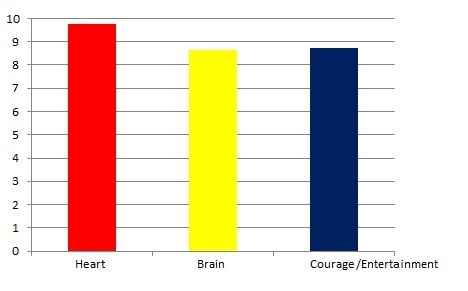 Main Page Alphabetical Menu Chronological Menu ______________________________________________________ |
The NYC Movie Guru
themovieguru101@yahoo.com
Privacy Policy